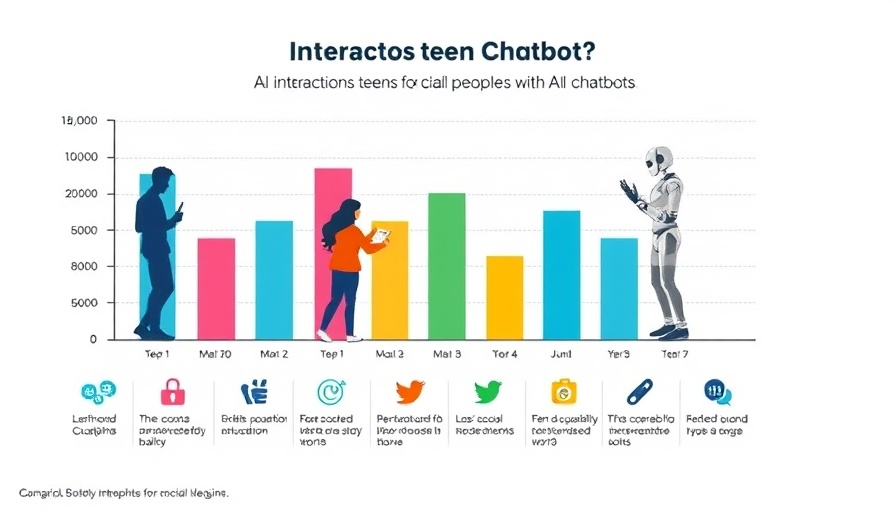
Understanding the Subtle Acts of Kindness
In our fast-paced lives, it’s easy to overlook the small gestures that demonstrate our character. Psychology reveals that these minimal actions speak volumes about our inherent goodness, often going unnoticed by us but essential for fostering positive relationships and communities. Examples include offering support to colleagues, listening to a friend's problems, or simply holding the door open for someone. These seemingly minor gestures reflect a deeper commitment to empathy and kindness that can significantly impact those around us.
How Non-Judgmental Attitudes Foster Real Connections
A key aspect of being a good person is our ability to be non-judgmental. In professional settings, particularly, leaders who create inclusive environments do much more than enhance workplace morale—they drive productivity and innovation. When we allow others to express vulnerabilities without fear of criticism, we open the doorway to trust and collaboration. Carl Rogers stated, “The curious paradox is that when I accept myself just as I am, then I can change.” His words echo the responsibility we hold as leaders to exhibit understanding and compassion toward others.
The Impact of Listening: A Skill We Often Underestimate
Listening is not just a passive action; it is an active demonstration of respect and care. When we divert our focus from our own thoughts to genuinely hear and understand another, we affirm their value. This skill, often overlooked, is a mark of a good person. It can be particularly crucial in business. Leaders who take the time to listen to employees create cultures that promote loyalty and engagement, ultimately yielding better results.
Building Trust with Authenticity
Being open and honest fosters authenticity in relationships. In business, this principle translates to transparency which is essential for building customer trust. When clients feel assured that a business operates with integrity, they are more likely to remain loyal and refer others, recognizing the authenticity behind the brand. Remember that vulnerability is not a weakness; rather, it can be a powerful way to connect on a human level.
Valuing Diversity Through Empathy
Incorporating empathy into our daily interactions reflects a commitment to understanding various perspectives. This proliferation of empathy encourages inclusivity, enhancing team performance and enriching workplace culture. In an era where businesses are increasingly challenged by diverse opinions, the need for leaders who can empathize and create spaces for all is crucial unlike ever before.
Every Act Counts: The Ripple Effect of Kindness in Business
Every kind action contributes to a larger impact. In a business context, demonstrating goodwill can lead to improved employee morale, customer satisfaction, and ultimately, brand affinity. Kindness serves as a foundation for collaboration and innovation, proving that the heart of successful business strategies often lies not in the bottom line but in the quality of human connections.
Bringing It All Together: The Goodness We Often Overlook
As business owners, we are often consumed by metrics and growth strategies, yet it is our subtle interactions that truly shape our businesses and communities. Reflecting on our daily actions and recognizing the little things we do can enhance our approach, leading to a more engaged work environment and stronger relationships. As we cultivate a culture of kindness and acceptance, we can ensure that our businesses thrive on a foundation built on empathy and understanding.
Conclusion: Recognizing Our Hidden Strengths
In our professional journeys, acknowledging the goodness that lies within us can reshape our interactions and strategies. By appreciating the small acts of kindness we unknowingly perform, we not only boost our self-worth but also elevate those around us. As you move forward, consider how you can incorporate these small acts into your business practices. Whether through mentorship, transparent communication, or active listening, every little action counts and builds legacy.
To explore more tools and strategies for growth, consider further enriching your understanding of interpersonal connections. Your journey towards becoming a more conscientious business leader starts with the awareness of the good deeds you’re already doing.
 Add Row
Add Row  Add
Add 




Write A Comment